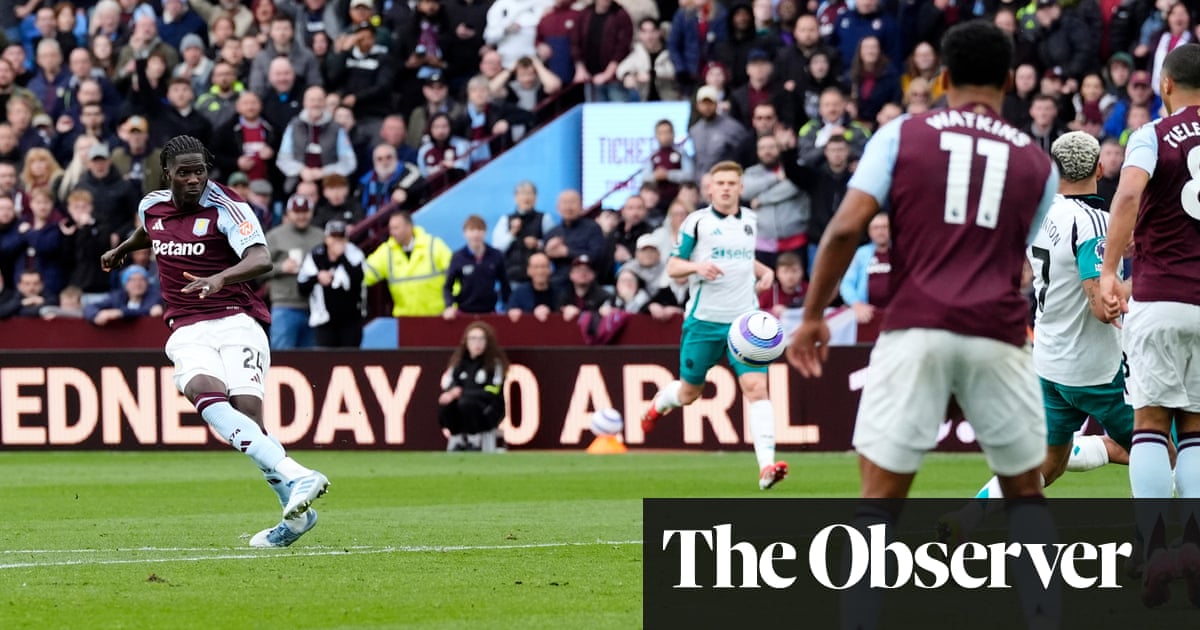-
The IMF’s executive board approved a $1.1bn disbursement to Ukraine as part of an ongoing loan programme to provide budget support. The approval on Friday bolsters Ukraine as it faces continued Russian attacks, and comes just over a month after staff at the International Monetary Fund completed the sixth review of an existing four-year program worth some $15.5bn. Friday’s payout brings the total disbursed under the program since it was signed in March 2023 to around $9.8bn, according to the IMF. Friday’s board approval means Kyiv will receive the money before US president-elect Donald Trump takes office on 20 January.
-
Six people, including one child, were killed in a Ukrainian missile attack on the town of Rylsk in Russia’s Kursk region on Friday, said the acting governor, Alexander Khinshtein. Ten wounded people, including a 13-year-old, were taken to hospital with minor injuries, Khinshtein wrote on Telegram. Ukrainian authorities have not commented on the incident. Khinshtein said Ukraine had fired US-supplied Himars rockets, damaging several buildings including a school, recreation centre and private residences in Rylsk, about 16 miles (26 km) from the border with Ukraine’s Sumy region.
-
The attack came hours after Ukrainian authorities said a Russian ballistic missile attack on Kyiv killed at least one person and wounded 12 others. Moscow claimed the Kyiv strike was in response to a Ukrainian strike on Russian soil using American-made weapons. Russia is trying to push back a Ukrainian incursion into Kursk that was launched in early August, but Ukraine’s troops are dug in, and still hold part pf the Kursk region. Russian President Vladimir Putin said during his annual press conference on Thursday that they would be expelled, but declined to set a date for when this would happen.
-
Germany’s Chancellor Olaf Scholz said Friday he would speak with Putin again after reinitiating contact with the Kremlin chief last month. “I have spoken to the Russian president and will speak to him again,” Scholz declared, without saying when, at a press conference with Estonian prime minister Kristen Michal. The aim of such calls with Putin would “always be to make clear that his contribution to ending the conflict is to end his aggression and withdraw troops”, Scholz said. Scholz raised eyebrows when he picked up the phone to Putin in mid-November for the first time in over two years amid Russia’s ongoing invasion of Ukraine.
-
Lt Gen Igor Kirillov, the Russian general assassinated by Ukraine was buried with full military honours on Friday and posthumously granted a top award. Kirillov, who was chief of Russia’s nuclear, biological and chemical protection troops, is the most senior Russian officer to be killed inside Russia by Ukraine. He was killed outside his Moscow apartment building on Tuesday along with his assistant when a bomb attached to an electric scooter went off in an attack for which Ukraine’s SBU security service took responsibility.
-
A Russian cyber-attack on Ukraine’s justice ministry registries caused a shutdown of online services for marriages and other matters, but no data appears to have been leaked or stolen, the Ukrainian government said. Russia took several months to prepare the cyber-attack, which was the largest to target Ukraine’s state registries in recent times, deputy prime minister, Olha Stefanishyna, who is also justice minister, told reporters at a briefing in Kyiv.
Online services to register matters like marriages, cars, births or a change of residence in Ukraine were suspended, the government service platform said.
The attack sought to “instil panic among Ukrainian citizens and those abroad,” Stefanishyna said. There was no comment from Russia. -
Ukrainian President Volodymyr Zelenskyy on Friday said that he had approved the appointment of a senior Crimean Tatar politician, who spent nearly three years imprisoned by Russia, as ambassador to Turkey. The 44-year-old former journalist and community leader for the persecuted predominantly Muslim minority group from Moscow-annexed Crimea was released in a rare prisoner swap involving civilians earlier this year. Dzhelyal was arrested in September 2021 and sentenced in 2022 to 17 years in prison on a terrorist charge for allegedly conspiring to blow up a gas pipeline near the regional capital of Simferopol along with several other activists, who likewise denied guilt.
-
Ukraine’s central bank said on Friday it would ease some of its wartime currency controls to simplify nuclear fuel purchases and coupon payments on corporate Eurobonds and reduce jewellery imports. The central bank has been gradually softening its restrictions on capital outflows and tight foreign exchange measures imposed after Russia launched its invasion in February 2022.
It said in a statement it would expand permissions to buy hard currency for nuclear fuel purchases. Ukraine faces a severe energy crisis after Russia intensified bombardments of its power infrastructure, damaging thermal and hydropower generation. Now the country relies on nuclear power stations for more than half of its energy needs. The central bank said it would also ease its restrictions on purchases and sales of precious metals, aiming to support domestic producers and reduce imports of jewellery products.

.png) 3 months ago
32
3 months ago
32













































